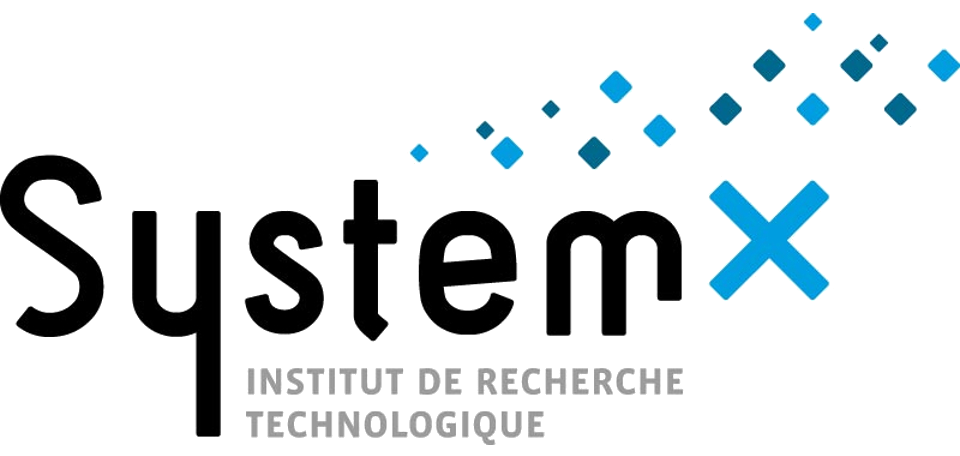
Introduction to eqasim
Sebastian Hörl
31 March 2025
D-Pop 2025
Why agent-based transport simulation?



- Zones
- Flows
- Peak hours
- User groups
Aggregated
Why agent-based transport simulation?











0:00 - 8:00
08:30 - 17:00
17:30 - 0:00
0:00 - 9:00
10:00 - 17:30
17:45 - 21:00
22:00 - 0:00





- Discrete locations
- Individual travelers
- Individual behaviour
- Whole day analysis
Disaggregated
Icons on this and following slides: https://fontawesome.com
Agent-based transport simulation

Robotaxis
Rabattement
Intermodality
Decarbonation
Agent-based transport simulation

- Flexible, extensible and well-tested open-source transport simulation framework
- Used by many research groups and companies all over the world
- Extensions for parking behaviour, signal control, location choice, freight, ...
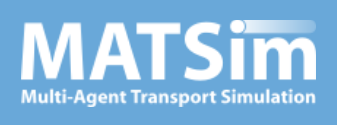
matsim-org/matsim-libs













Agent-based transport simulation

Synthetic demand
Agent-based transport simulation

Mobility simulation
Synthetic demand
Agent-based transport simulation

Decision-making






10:00 - 17:30
17:45 - 21:00
22:00 - 0:00


Mobility simulation
Synthetic demand
Agent-based transport simulation

Decision-making
Mobility simulation
Synthetic demand

Agent-based transport simulation

Decision-making
Mobility simulation
Analysis
Synthetic demand

Scenarios
Agent-based transport simulation


Synthetic travel demand


Population census (RP)








> Truncate-Replicate-Sample (TRS)


Population census (RP)

Income data (FiLoSoFi)










Synthetic travel demand
> Imputation by quantile


Population census (RP)

Income data (FiLoSoFi)

Commuting data (RP-MOB)









Synthetic travel demand
> Direct sampling from OD matrix


Population census (RP)

Income data (FiLoSoFi)

Commuting data (RP-MOB)

Household travel survey (EDGT)










0:00 - 8:00
08:30 - 17:00
17:30 - 0:00
0:00 - 9:00
10:00 - 17:30
17:45 - 21:00
22:00 - 0:00





Synthetic travel demand
> Assignment of activity chains through statistical matching


Population census (RP)

Income data (FiLoSoFi)

Commuting data (RP-MOB)

Household travel survey (EDGT)

Enterprise census (SIRENE)











Address database (BD-TOPO)
Synthetic travel demand
> Specifically designed approach to find secondary locations
Hörl, S., Axhausen, K.W., 2021. Relaxation–discretization algorithm for spatially constrained secondary location assignment. Transportmetrica A: Transport Science 1–20. https://doi.org/10.1080/23249935.2021.1982068


Population census (RP)

Income data (FiLoSoFi)

Commuting data (RP-MOB)

Household travel survey (EDGT)

Enterprise census (SIRENE)

Address database (BD-TOPO)
Person ID
Age
Gender
Home (X,Y)
1
43
male
(65345, ...)
2
24
female
(65345, ...)
3
9
female
(65345, ...)

Synthetic travel demand


Population census (RP)

Income data (FiLoSoFi)

Commuting data (RP-MOB)

Household travel survey (EDGT)

Enterprise census (SIRENE)

Address database (BD-TOPO)
Person ID
Activity
Start
End
Loc.
523
home
08:00
(x,y)
523
work
08:55
18:12
(x,y)
523
shop
19:10
19:25
(x,y)
523
home
19:40
(x,y)

Synthetic travel demand


Population census (RP)

Income data (FiLoSoFi)

Commuting data (RP-MOB)

Household travel survey (EDGT)

Enterprise census (SIRENE)

OpenStreetMap

GTFS (SYTRAL / SNCF)

Address database (BD-TOPO)
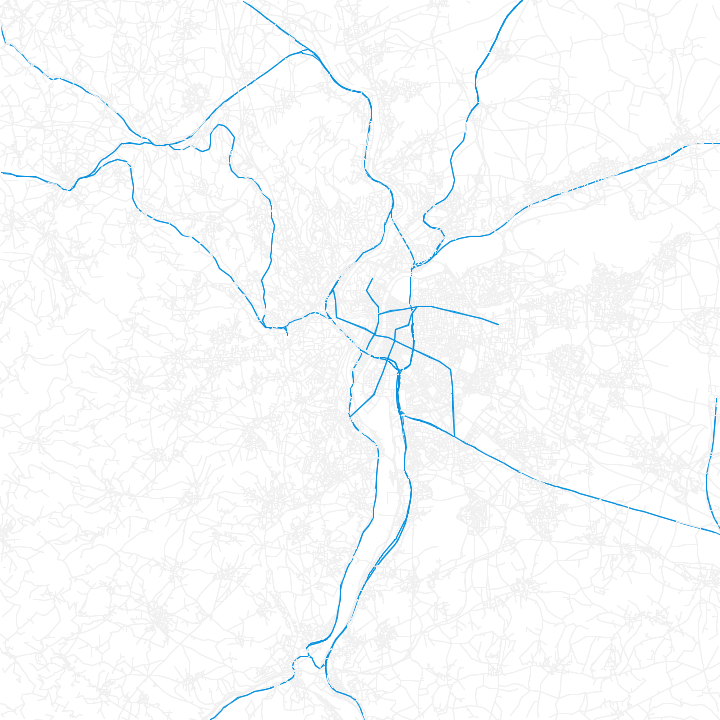
Synthetic travel demand


Population census (RP)

Income data (FiLoSoFi)

Commuting data (RP-MOB)

Household travel survey (EDGT)

Enterprise census (SIRENE)

OpenStreetMap

GTFS (SYTRAL / SNCF)

Address database (BD-TOPO)
Synthetic travel demand


Population census (RP)

Income data (FiLoSoFi)

Commuting data (RP-MOB)
National HTS (ENTD)

Enterprise census (SIRENE)

OpenStreetMap

GTFS (SYTRAL / SNCF)

Address database (BD-TOPO)
Synthetic travel demand


EDGT


Population census (RP)

Income data (FiLoSoFi)

Commuting data (RP-MOB)

Enterprise census (SIRENE)

OpenStreetMap

GTFS (SYTRAL / SNCF)

Address database (BD-TOPO)
Synthetic travel demand
Open
Data


Open
Software
+
=
Reproducible research
Integrated testing
National HTS (ENTD)


EDGT


Population census (RP)

Income data (FiLoSoFi)

Commuting data (RP-MOB)

Enterprise census (SIRENE)

OpenStreetMap

GTFS (SYTRAL / SNCF)

Address database (BD-TOPO)
Synthetic travel demand
Open
Data


Open
Software
+
=
Reproducible research
Integrated testing
National HTS (ENTD)


EDGT


Evaluation

- Comparison of population attributes

Evaluation

- Activity chains

Sampling




Current use cases
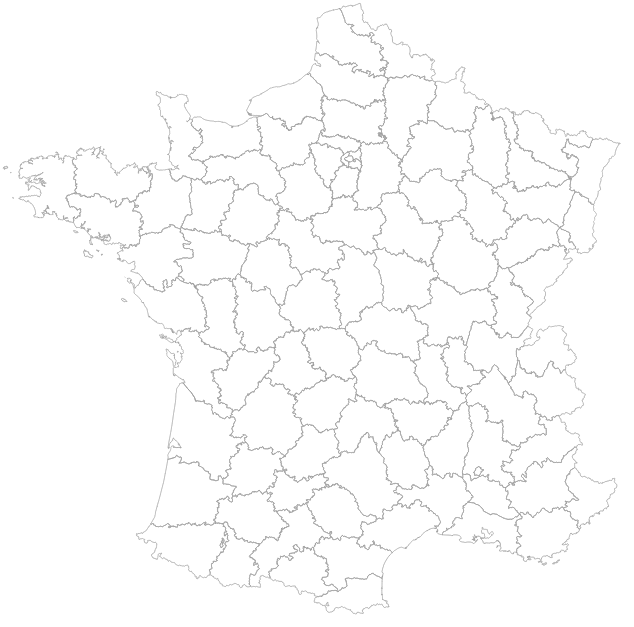

Nantes
- Noise modeling


Current use cases

Lille
- Park & ride applications
- Road pricing



Current use cases


Toulouse
- Placement and use of shared offices

Current use cases

Rennes
- Micromobility simulation



Current use cases



Paris / Île-de-France
- Scenario development for sustainable urban transformation
- New mobility services
Mahdi Zargayouna (GRETTIA / Univ. Gustave Eiffel)
Nicolas Coulombel (LVMT / ENPC)

Current use cases



Paris / Île-de-France
- Cycling simulation


Current use cases


Paris / Île-de-France
- Simulation of dynamic mobility services
- Fleet control through reinforcement learning

Current use cases



Lyon (IRT SystemX)
- Low-emission first/last mile logistics



Current use cases




Current use cases

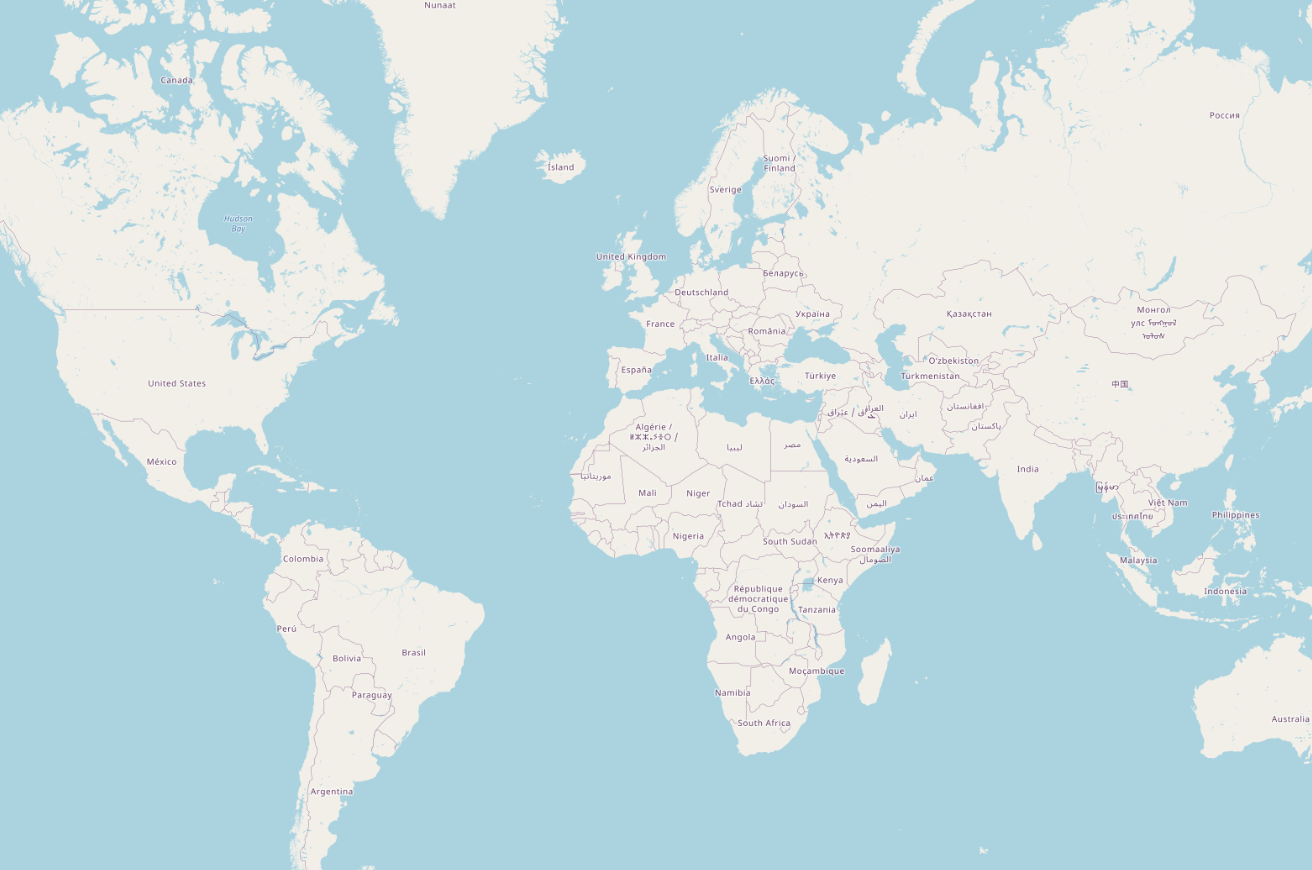

Balac, M., Hörl, S. (2021) Synthetic population for the state of California based on open-data: examples of San Francisco Bay area and San Diego County, presented at 100th Annual Meeting of the Transportation Research Board, Washington, D.C.
Sallard, A., Balac, M., Hörl, S. (2021) Synthetic travel demand for the Greater São Paulo Metropolitan Region, based on open data, Under Review
Sao Paulo, San Francisco Bay area, Los Angeles five-county area, Switzerland, Montreal, Quebec City, Jakarta, Casablanca, ...

Current use cases
- Thesis proejct of Tjark Gall
Cairo

Current use cases
- Recent project with TU Munich
Bavaria


Current use cases
- Recent project with TU Munich
Bavaria



Current use cases
- Recent project with TU Munich
- Pipeline is a direct fork of the France pipeline


Next steps
- Further modularize the framework
- Library of synthesis models
- Functionality to set up processing pipeline
- Likely to have time to work on this starting in May

Next steps
- Can we generate synthetic populations and simulations for entire France?
- Look into efficiency (parallel execution, using accelerated libraries like polars, ...)


Next steps
- Talk to a larger audience than transport modeling
- Health (epidemiology)
- Energy systems
- Evacuation / disaster management
- Sociology


Thanks!
- To everybody interested in using the project
- To everybody who is contributing
- SPLOTT and Tellae for actively pushing forward the project and taking over maintenance activities!
Questions?


sebastian.horl@irt-systemx.fr
Introduction to eqasim
By Sebastian Hörl
Introduction to eqasim
D-Pop 2025, Nantes, 31 March 2025
- 451



